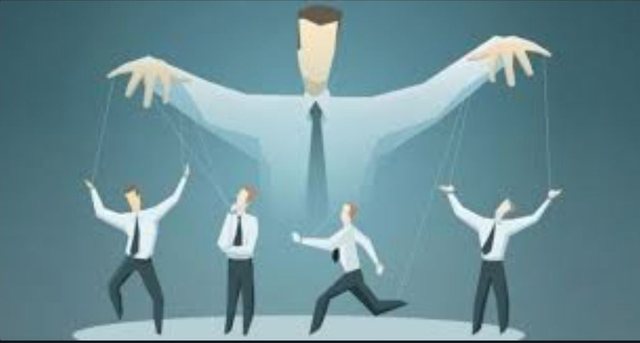
Political cloning of young people


After the announcement of the lists, quite a few shows are inviting young candidates to safe and open lists, perhaps due to the public's curiosity to get to know them, perhaps due to the need of the parties to create an image in the public that they are being renewed with new figures, perhaps due to the candidates' own need to be promoted or simply the moderator's convenience to secure the next guests on the show. So, the reasons may be several, but what is worth discussing is what new do these young candidates really bring to the show?
During these days, there have been reactions, posts, critical, satirical articles about the quality of the discussions of young people who want to engage in politics. In fact, it is difficult to highlight any positive assessment or relativization of judgments based on the age factor. One gets the impression when reading these articles that the writers or commentators have an ideal archetype of the young politician in mind and on it the evaluation of the candidates is made or the disgust towards the old political class leads them to believe that the young must necessarily be different.
In fact, the young people who aspire to get involved in politics cannot be different from the old in the Albanian context for several reasons.
First, for years they have been fed with urban legends but also the experience of success from their peers that with political support you can move forward in life. Politics in the mindset of most young people is seen as the only mechanism that guarantees success in a party-based country like ours. This mentality is also evidenced by the latest FES study where it is stated that over 50% believe that political support provides a good job. Thus, politics is mostly seen as a means not as a goal. The naivety of age has long been replaced by the pragmatism of an older adult.
Secondly, some who have gained experience in youth forums have been educated with the model of acting without thinking, saying without thinking, pretending without worrying, and stepping over others in exchange for career ladders in party structures. Anyone who does not successfully go through these processes has had the door closed long ago. Individuality has been killed since adolescence. There is nothing left of his/her self, as the concept of the "other" has been strengthened, of what others want to see in him/her and not what he/she should manifest in accordance with what he/she thinks or wants.
Thirdly, the model of discussions on television has been around for years, I actually don't remember when it was different, which essentially has antagonism, jokes, image, a 100-word vocabulary, slogans, shallowness and conformism towards political leaders. In this sense, young people, like old people, have understood that if they develop a different communication model from what the media has been educating them for years, they are afraid that they will not be invited again. Like old people who do everything to adhere to this communication model, young people have no reason to do less. They also want to identify themselves in the public sphere and have media space.
Fourthly, young people, like old people, do not speak to the electorate the most, but to the leadership. It determines the fate of party structures and multi-name lists. Communication is not channeled towards social groups or membership, but towards the leadership as long as internal party democracy does not function. You don't go on a show to talk to your peers to win their hearts, but to the leadership above. In this sense, the discourse is modeled for those above, not those below.
Fifth, political parties are not oases of intellectuals but of the mediocre. In political science, it is a well-known fact that politics mostly attracts mediocre people and excludes technocrats or academics who have the illusion that they will change something. Unification with the opinion of the masses, discourse based on what they want to hear, not what you think, blind respect for the decisions of the majority within party structures regardless of your position, lack of coherence in what you say, unconditional worship of the leader, and character transformation to the point that you don't even recognize yourself are necessary qualities for survival in politics, but they contradict the format of the academic or technocrat.
Finally, the very right criticism addressed to young people is made from an elitist position. We have the illusion that politics appeals to us first and foremost, but it is actually channeled towards the masses since they are the majority. We are doomed to dislike it while the masses are exalted with it. In this sense, young people also seem to follow this political habit of speaking to the masses, not the elite. And they do well because that is where the votes are.
So as long as we have these structures that are maintained and invested by the masses, individual behavior will also be like this. The elites will continue to feel excluded and disappointed while politics will continue to speak to the masses.

Sondazhet dhe e vërteta!
ideas
top
Alfa recipes
TRENDING 
services
- POLICE129
- STREET POLICE126
- AMBULANCE112
- FIREFIGHTER128


























